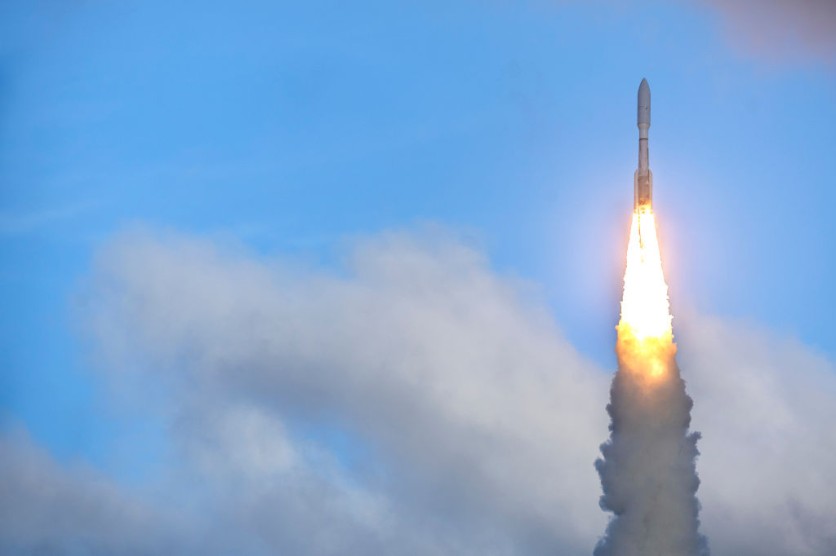SpinLaunch recently launched a NASA payload into the sky, and it was successful. After being spun around in its Suborbital Accelerator at up to 10,000 g and 5,000 mph, the payload was in good condition.

This is the startup company's 10th successful launch that occurred at the Spaceport America in New Mexico. The test s part of the campaign to determine whether scientific payloads and satellites could withstand the stress that comes with the launch procedure, according to Interesting Engineering.
According to a press release, SpinLaunch said that the latest test flight showed that the satellite components used are "inherently compatible with the company's launch environment."
Payloads Into the Sky
NASA announced early this year it signed a Space Act agreement contract to test SpinLaunch's technology by having a payload launched via the company's kinetic launch system.
The payload from NASA was designed to gather important flight data. It has a gyroscope, a magnetometer, temperature, and humidity sensors, and two accelerometers.
Aside from that, the company also sent payloads from Airbus, Cornell University, and Outpost. All of the payloads were spun around the company's Suborbital Accelerator at 10,000 g before being launched into the sky.
The test is pivotal to SpinLaunch's recent opening of the Suborbital Accelerator system for external individuals, such as customers, strategic partners, and research groups. The data collected from the tests will be crucial or the company and the further development of the Orbital Launch system. Additionally, the gathered data will also be helpful for customers looking to get low-cost yet sustainable space access.
Part of the company's vision is to make it possible for smaller companies, universities and even high schools to launch their own satellites into orbit. Aside from that, it wants to make it possible for these groups and individuals to send various payloads into space with a technology that is more accessible and more affordable than other similar systems.
Aside from NASA, Airbus, and Outpost, SpinLaunch has also worked with other customers to launch their own product as part of the company's small payload program. The payload is launched via the company's small, expendable rocket.
This will make space a lot more democratized, and this will make space more easily accessible to wider groups of people.
Also Read: SpinLaunch Receives New Funding to Push Its Technique for Sending Payload to Orbit
Space for Everybody
The upstart space company said that SpinLaunch is a technology that makes it easier for students and researchers to send their scientific equipment into space. The company said that they want to share the thrill of space with everyone.
The data gathered from the latest tests will now be evaluated. All of the data will be part of the company's rigorous testing process. The company takes the time to do this so that the data gathered can be used to improve the cost management of space access. This also includes improving the underlying technology of the launch system and the overall design of the launch vehicle system.
Related Article: SpinLaunch Signs Contract with NASA to Test Payload Delivery Service to Orbit, Future of Launches?
This article is owned by Tech Times
Written by April Fowell
ⓒ 2025 TECHTIMES.com All rights reserved. Do not reproduce without permission.




